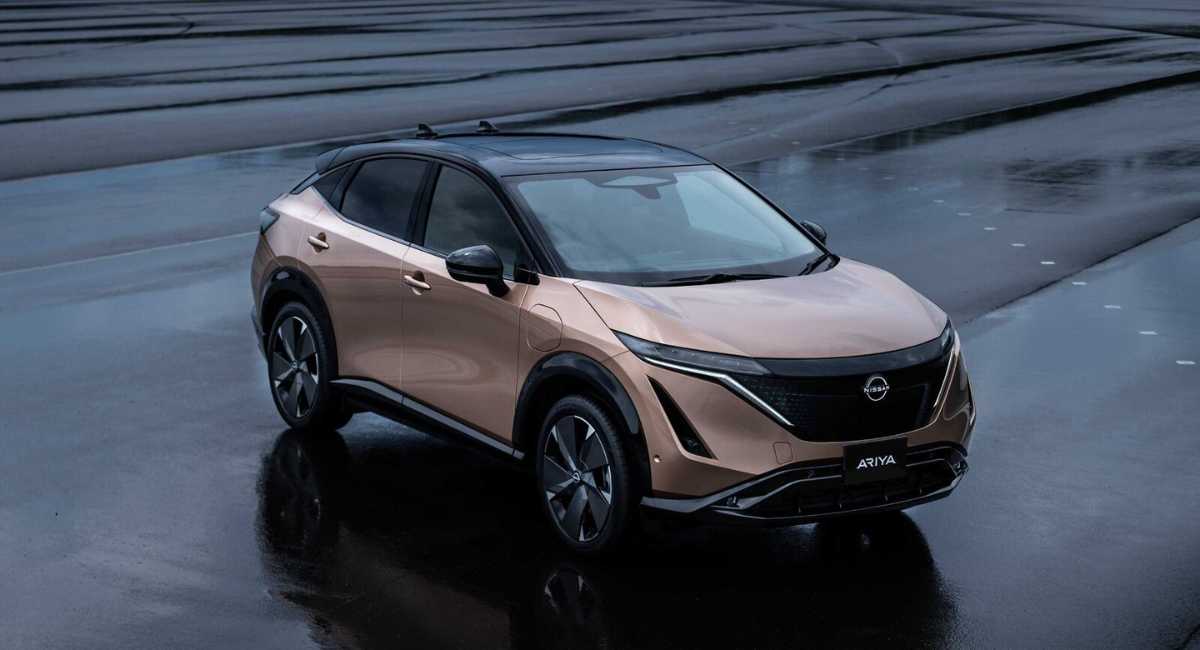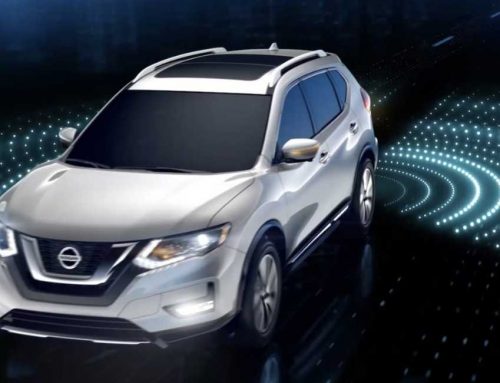In an age where environmental sustainability has become a top priority, automakers are constantly innovating to develop more eco-friendly vehicles. Nissan, a leading automobile manufacturer, has made significant strides in this direction by investing heavily in electric and hybrid technology. Their commitment to reducing carbon emissions and creating a more sustainable future is evident through their impressive range of electric and hybrid models.
Electric Vehicles (EVs) have been at the forefront of Nissan’s eco-friendly efforts. The Nissan Leaf, introduced in 2010, was one of the first mass-market electric cars, and it has paved the way for Nissan’s electric vehicle lineup. The Leaf boasts zero tailpipe emissions, making it a clean and efficient alternative to traditional gasoline-powered vehicles. It’s available in various configurations, with different battery sizes and ranges, allowing consumers to choose the model that best suits their needs. The latest models have significantly increased range, addressing one of the primary concerns of electric vehicle buyers.
The Nissan Leaf’s innovative e-Pedal technology allows drivers to accelerate, decelerate, and even come to a complete stop using only one pedal. This regenerative braking system not only provides a unique driving experience but also contributes to improved energy efficiency. Additionally, the Leaf is equipped with ProPILOT Assist, a driver-assistance system that offers features like adaptive cruise control and lane-keeping assistance, making it safer and more convenient to drive.
Nissan’s commitment to electric mobility extends beyond just passenger cars. They have also introduced the Nissan e-NV200, an all-electric commercial vehicle designed for urban deliveries. This electric van offers a low-cost, zero-emission solution for businesses looking to reduce their carbon footprint.
In addition to electric vehicles, Nissan has invested in hybrid technology. The Nissan Rogue Hybrid, for example, combines a gasoline engine with an electric motor, providing an excellent balance between fuel efficiency and power. This hybrid SUV offers a spacious interior, advanced safety features, and a comfortable ride, making it a compelling option for families seeking a more eco-conscious choice.
The Nissan Pathfinder Hybrid is another example of Nissan’s hybrid offerings. This SUV combines a V6 engine with an electric motor, delivering a potent yet fuel-efficient powertrain. With three rows of seating and advanced technology, it provides a greener alternative for those who require a larger vehicle for their family or lifestyle.
Nissan’s commitment to sustainability goes beyond just their product lineup. They have been actively involved in developing charging infrastructure for electric vehicles. The company has partnered with charging network providers to ensure that Nissan EV owners have easy access to charging stations. Moreover, Nissan offers innovative home charging solutions, such as the Nissan Energy Home, which allows EV owners to charge their vehicles using solar power.
Nissan is also working towards making their manufacturing processes more environmentally friendly. Their vehicle production facilities aim to reduce waste, energy consumption, and water usage. They are constantly striving to lower the carbon footprint of their operations, contributing to a more sustainable and responsible approach to manufacturing.
In conclusion, Nissan’s eco-friendly initiatives represent a significant step towards reducing the environmental impact of the automotive industry. Their electric and hybrid models offer consumers a diverse range of choices, catering to various needs and preferences. Whether you’re looking for a compact and efficient electric car like the Leaf or a hybrid SUV like the Rogue Hybrid, Nissan has an option for you. Their investment in charging infrastructure and sustainable manufacturing practices further demonstrates their commitment to a greener future. As the world continues to shift towards more sustainable transportation options, Nissan’s electric and hybrid models play a vital role in shaping the future of eco-friendly mobility.





